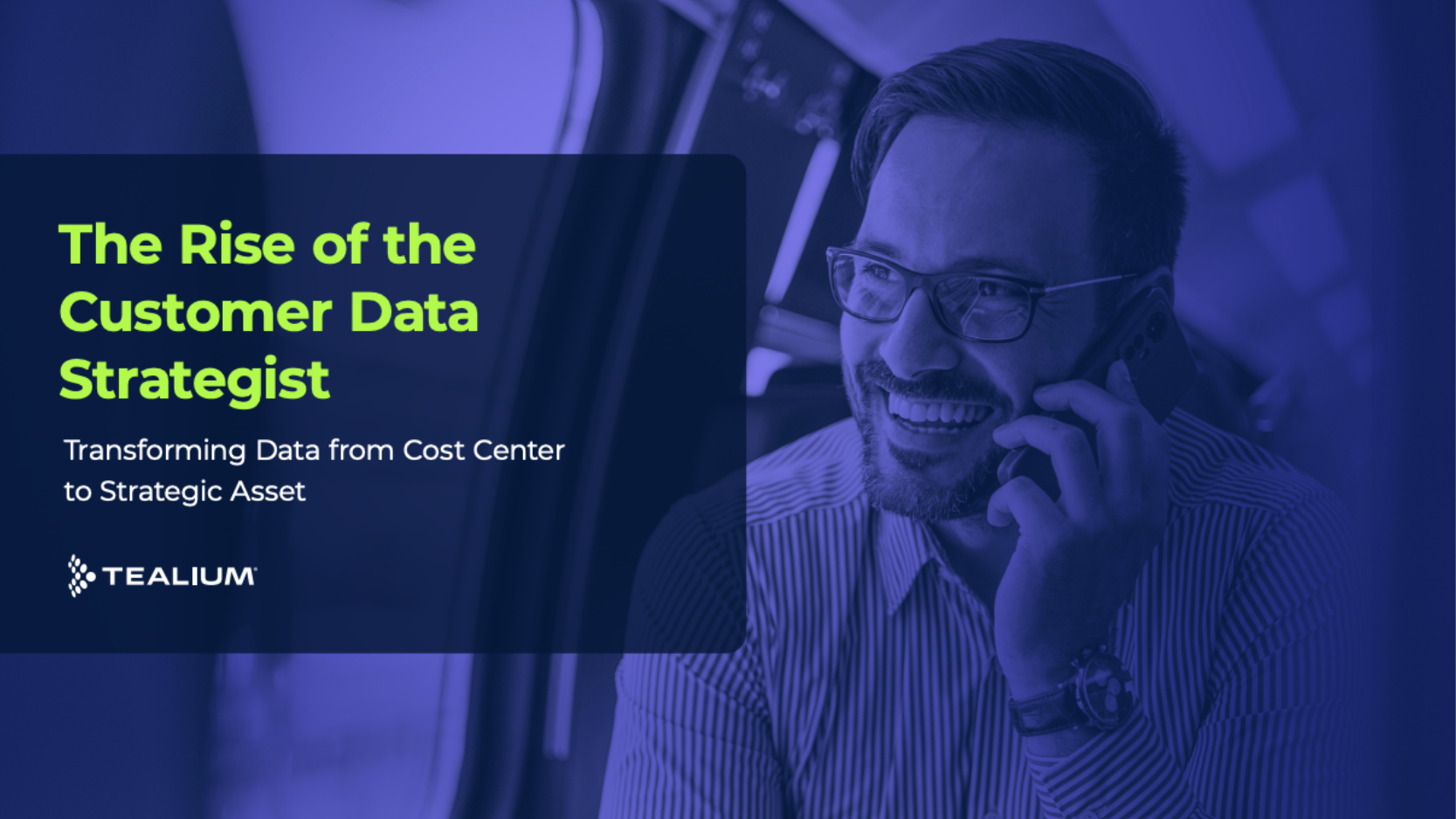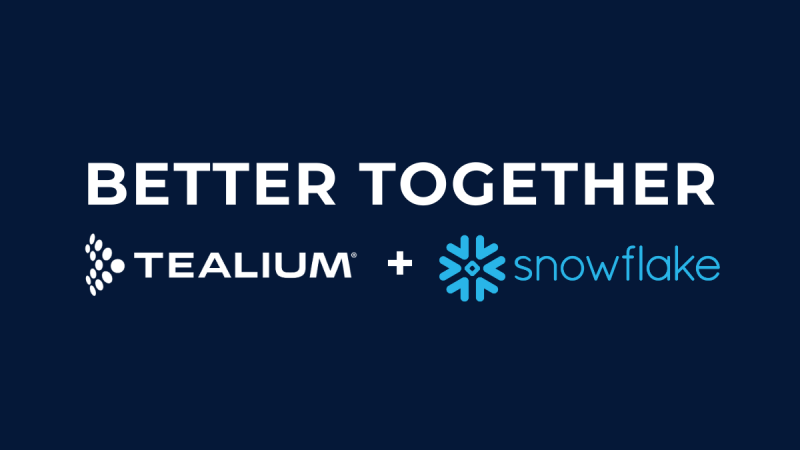Understanding the plethora of US privacy laws and regulations is imperative for any US-based company. The United States is home to some of the most advanced and innovative technology companies in the world, and as a result, it is also one of the most data-driven countries in the world. From social media networks and e-commerce platforms to healthcare providers and financial institutions, organizations of all types and sizes collect and use personal data on a daily basis.
However, the collection and use of personal data is not without its legal and regulatory frameworks. There are a complex set of US privacy laws and regulations that govern how personal data is collected, used, and protected. These laws and regulations are designed to safeguard the privacy of individuals and ensure that their personal data is not misused or exploited.
One of the key laws governing privacy in the United States is the General Data Protection Regulation (GDPR), which was enacted in 2018. The GDPR is a comprehensive set of rules that applies to any organization that processes the personal data of individuals in the European Union (EU). While the GDPR does not directly apply to organizations in the United States, it has had a significant impact on how organizations in the US collect and use personal data, as many companies operate globally and must comply with the GDPR in order to do business in the EU.
In addition to the GDPR, there are several other federal and state laws that regulate the collection and use of personal data in the United States.
US Privacy Laws and Regulations
The Children’s Online Privacy Protection Act (COPPA): This law regulates the collection of personal data from children under the age of 13. It requires websites and online services to obtain parental consent before collecting, using, or disclosing personal data from children.
The Health Insurance Portability and Accountability Act (HIPAA): This law regulates the collection and use of personal health data by healthcare providers and insurance companies. It requires these organizations to implement strong security measures to protect personal health data and to only use or disclose this data for appropriate purposes.
The Fair Credit Reporting Act (FCRA): This law regulates the collection and use of personal data by credit reporting agencies and other organizations that use this data to make decisions about credit, employment, and other matters. It requires these organizations to provide individuals with access to their personal data and to correct any errors in this data.
The California Consumer Privacy Act (CCPA): This law, which went into effect in 2020, regulates the collection and use of personal data by companies doing business in California. It gives California residents the right to request that their personal data be deleted or not sold to third parties, and it requires companies to disclose what personal data they collect and how it is used.
In addition to these specific laws, there are also several broader privacy laws that apply to the collection and use of personal data in the United States.
The Privacy Act of 1974: This law regulates the collection, use, and dissemination of personal data by federal agencies. It requires these agencies to provide individuals with access to their personal data and to correct any errors in this data.
The Electronic Communications Privacy Act (ECPA): This law regulates the interception and disclosure of electronic communications, including email, text messages, and other electronic communications. It requires government agencies and private companies to obtain a warrant before intercepting or disclosing these communications.
As you can see, there is a complex and ever-changing legal landscape governing the collection and use of personal data in the United States. Staying up-to-date with the latest legal developments can be a daunting task for organizations of all sizes. To help you stay informed, below we have outlined some useful resources.
The International Association of Privacy Professionals (IAPP): The IAPP is a global organization that offers a variety of resources and educational opportunities for privacy professionals. They have a comprehensive library of articles and webinars on privacy laws and regulations, as well as a variety of training and certification programs.
The Federal Trade Commission (FTC): The FTC is the primary federal agency responsible for enforcing privacy laws in the United States. They have a wealth of resources on their website, including guides and tips for businesses on how to comply with privacy laws and protect consumer privacy.
The Office of the California Attorney General: The California Attorney General’s office has published a number of resources on the CCPA, including frequently asked questions, compliance guides, and other materials to help businesses understand their obligations under the law.
Privacy Rights Clearinghouse: This nonprofit organization provides a variety of resources on privacy laws and regulations, including guides for consumers and businesses on how to protect their privacy online.
By staying informed and up-to-date with the latest US privacy laws and regulations, organizations can ensure that they are complying with the law and protecting the privacy of their customers and users. While the legal landscape can be complex, taking the time to understand and comply with these laws is essential for any organization that collects and uses personal data.
For more information on how to incorporate data privacy laws and regulations into your business strategy and build stronger customer relationships, check out our recent eBook, “In Data We Trust: A Guide For Establishing Customer Trust Through Privacy.”







